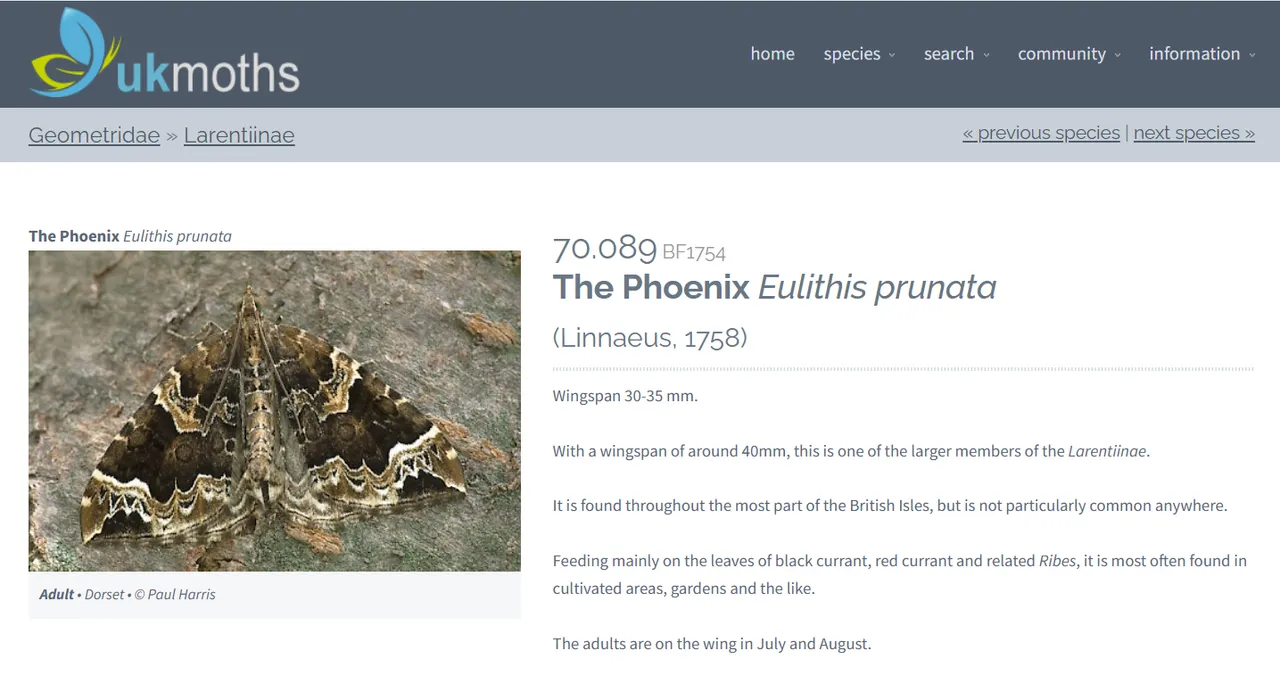Sharing the results from my latest Moth Trap Session. I have written posts about setting up a moth trap and on collecting the results if you want some more background info on how and why I use a Moth Trap

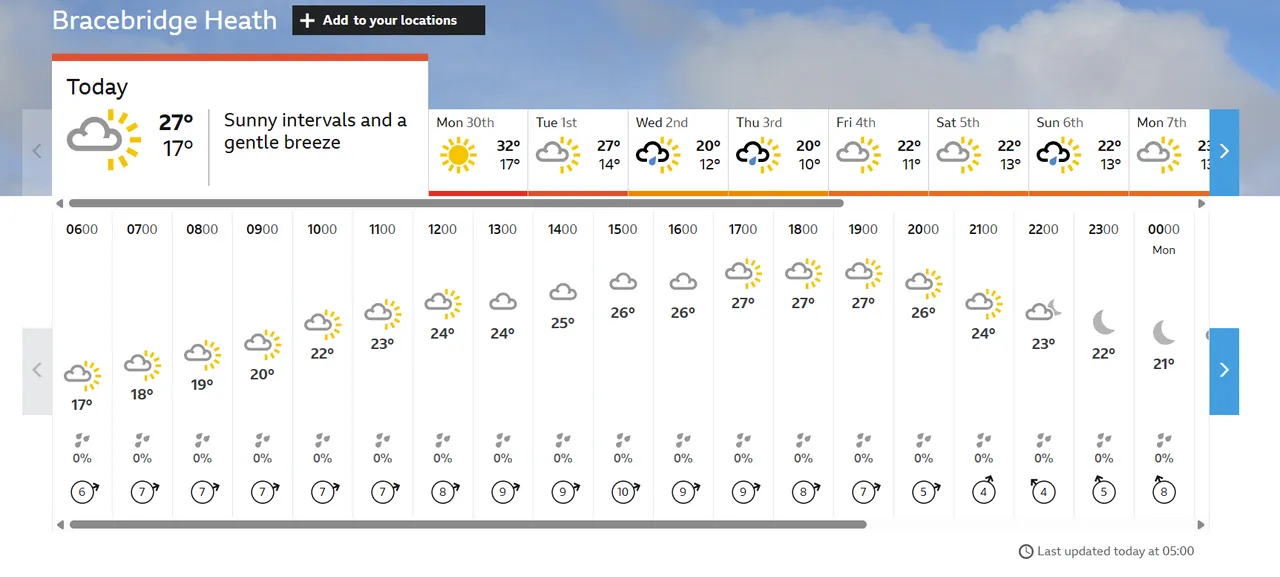
Date: 29th June 2025
Weather:
My last trapping session was near enough 1 month ago on the 31st May. I didn't mean to leave it this long between sessions, but I guess life kept getting in the way... there were other life commitments to contend with, and then the weather didn't play ball
But no matter, all of those are not gonna affect tonight.
I'm on holiday this week, so have all the time I need to run the session properly. And even better, the weather conditions are fantastic. Its been hot all day, and in fact we've been in the midst of a little heatwave in the UK
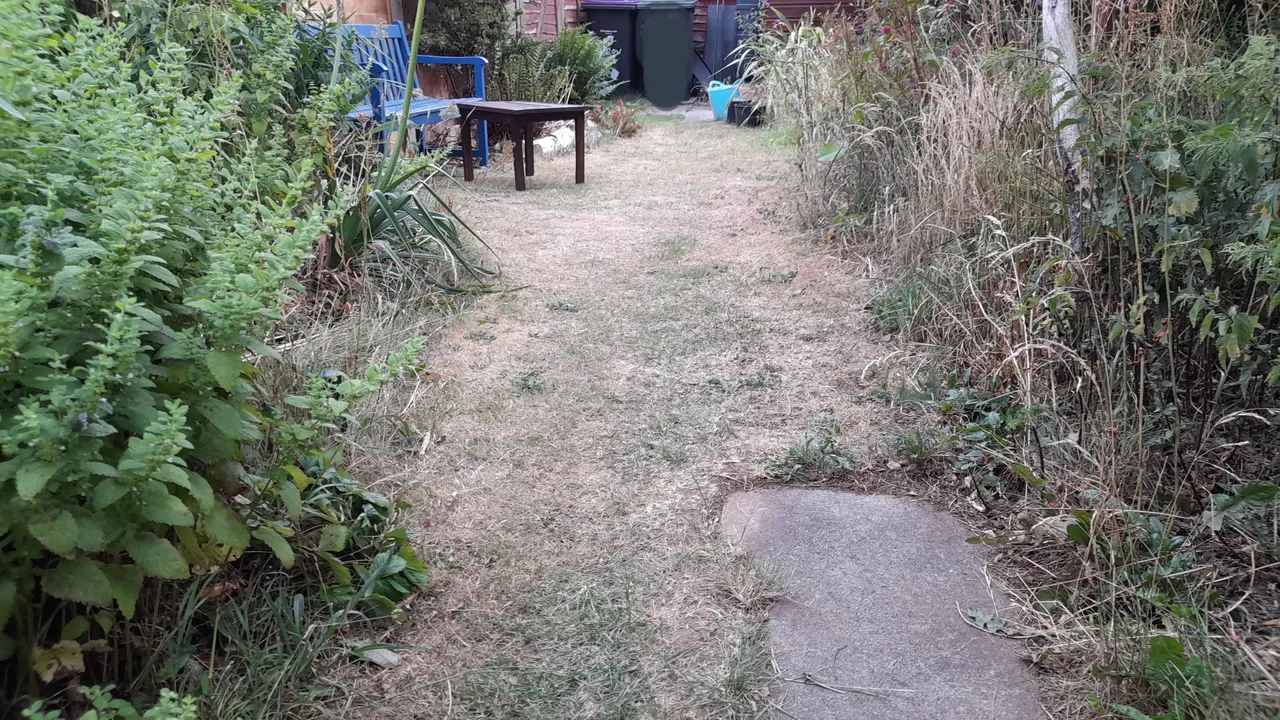
And is the the garden, looking very dry and very brown. Its been a very dry Spring, and apart from a couple of days of light drizzle, its been a very dry start to Summer
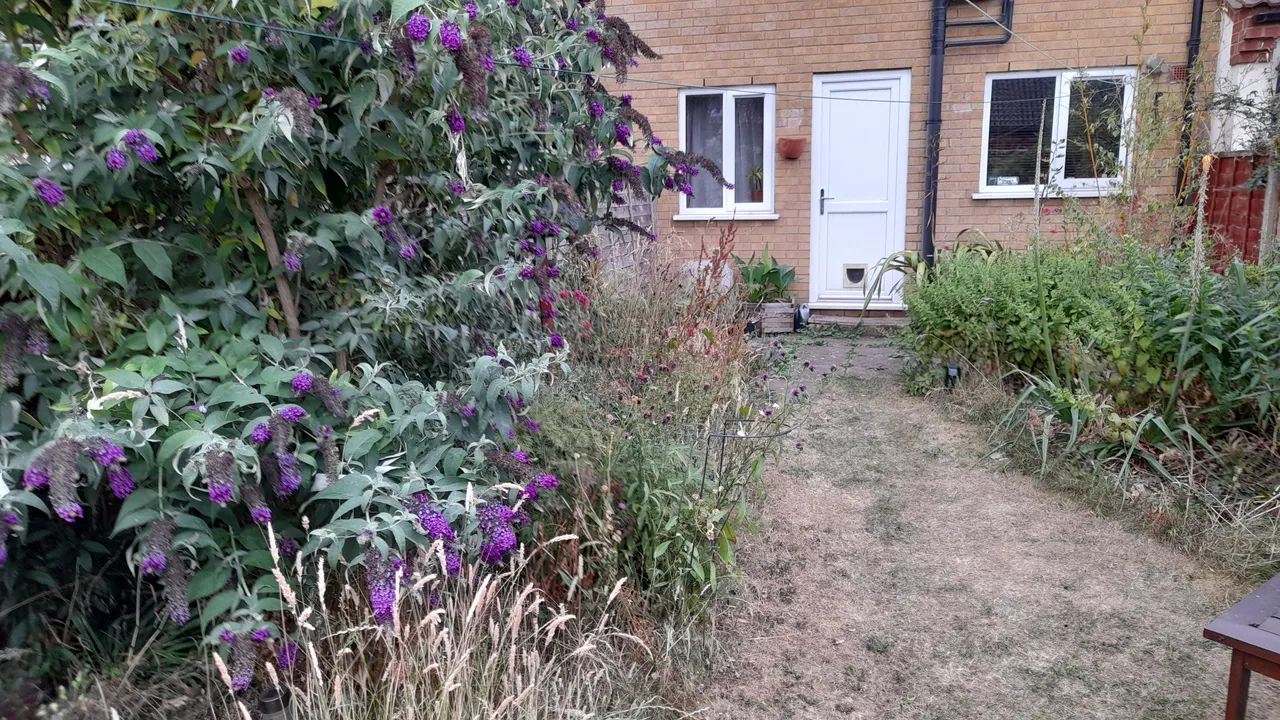
The Buddleia seems to be doing ok though with plenty of flowers for butterflies and bees to enjoy. Even this evening while I've been setting I've been to smell the flowers, I suspect there will be some moths attracted to this once the sun sets
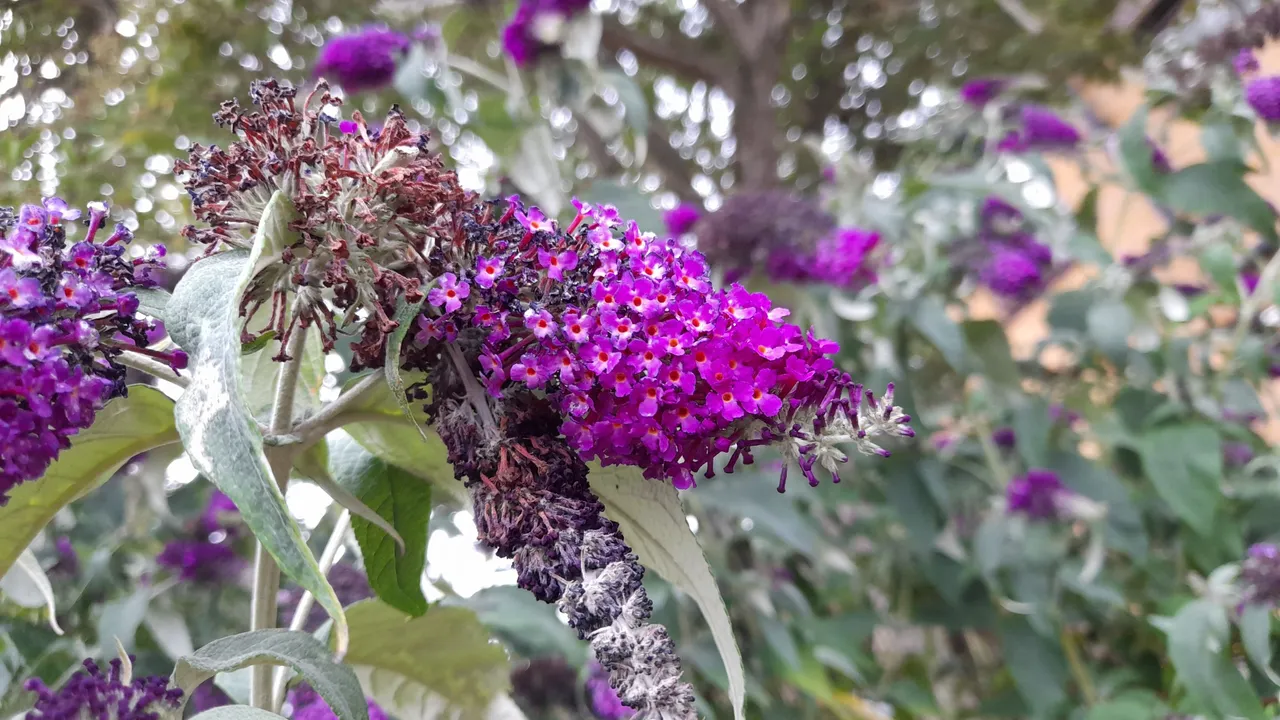
Speaking of which, with the conditions being as good as they are in the middle of summer, I'm expecting a bumper haul tonight!
So without further ado...
Lights on, pots at the ready... Here. We. Go!
Results: 107 moths of 49 species
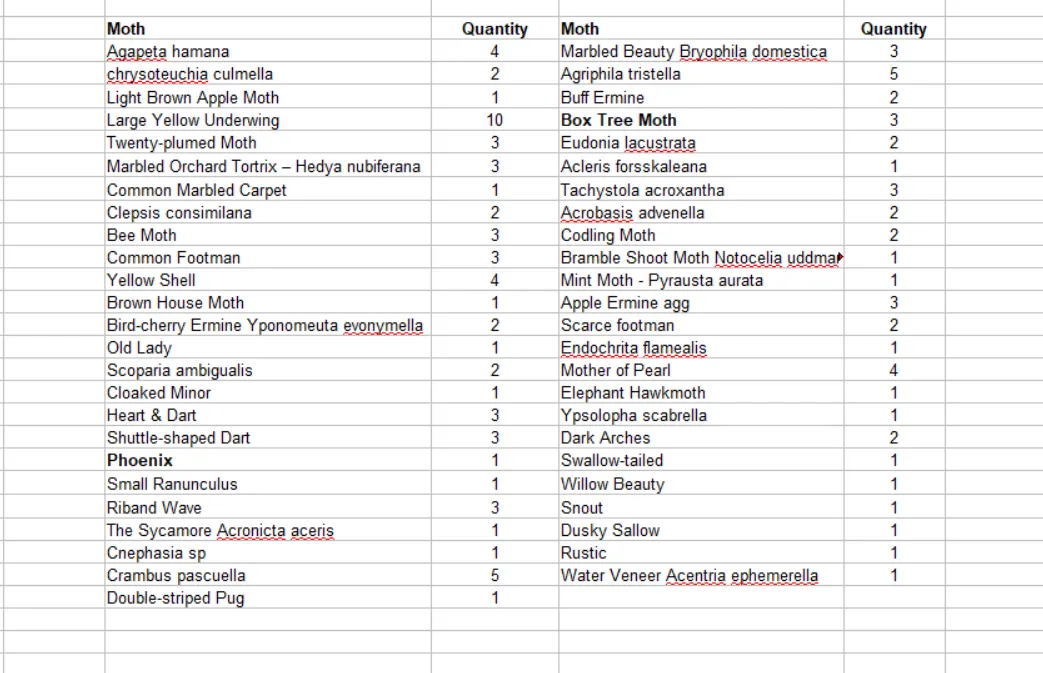
Summary of Results:
Well, as you can see, it was super busy this evening!
Usually in these reports I tell the story of how the session went, when the busy periods start, and when there's a lull. In this one I can't do that... it was full on from the start!
The sun set at 9:30pm, and when I checked it at 10pm, there was already a load of moths and flies on the sheet next to the trap. And every time I went out to check, there were more species to log.
I don't have space to show all that I saw, so here is a brief set of highlights
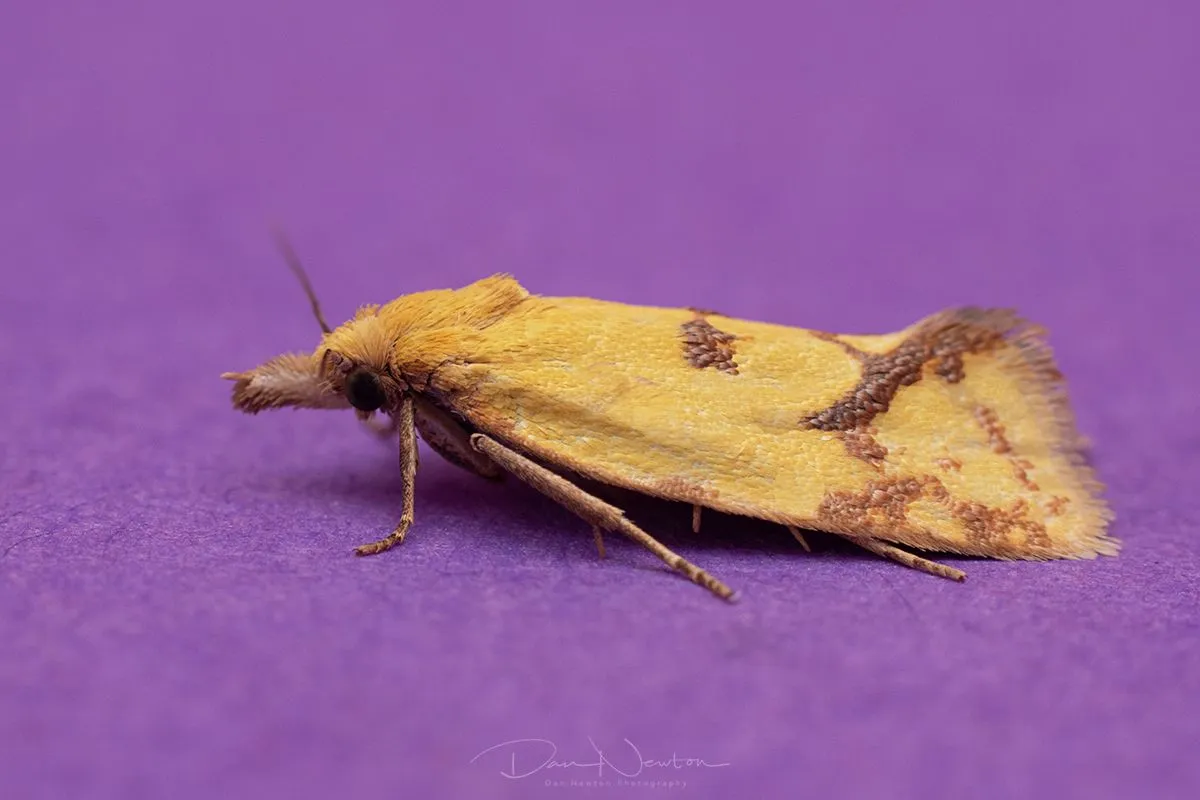
Agapeta hamana
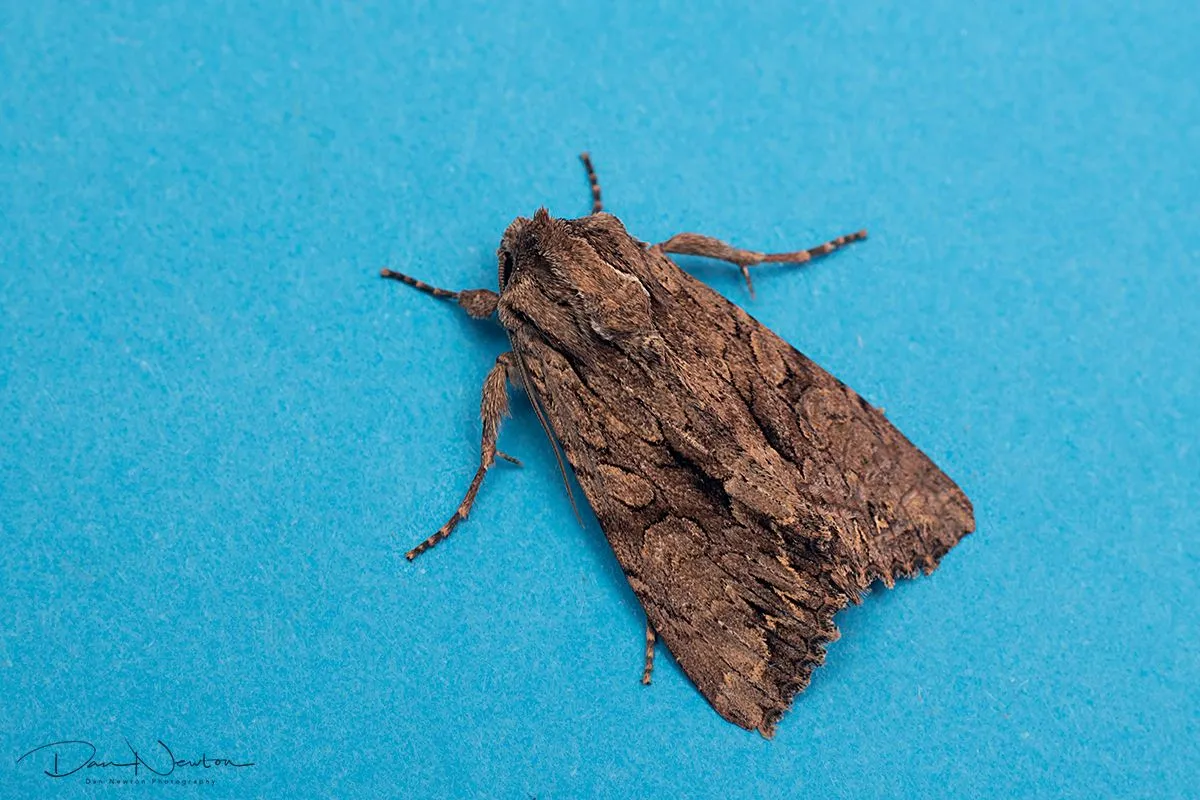
Dark Arches - Apamea monoglypha
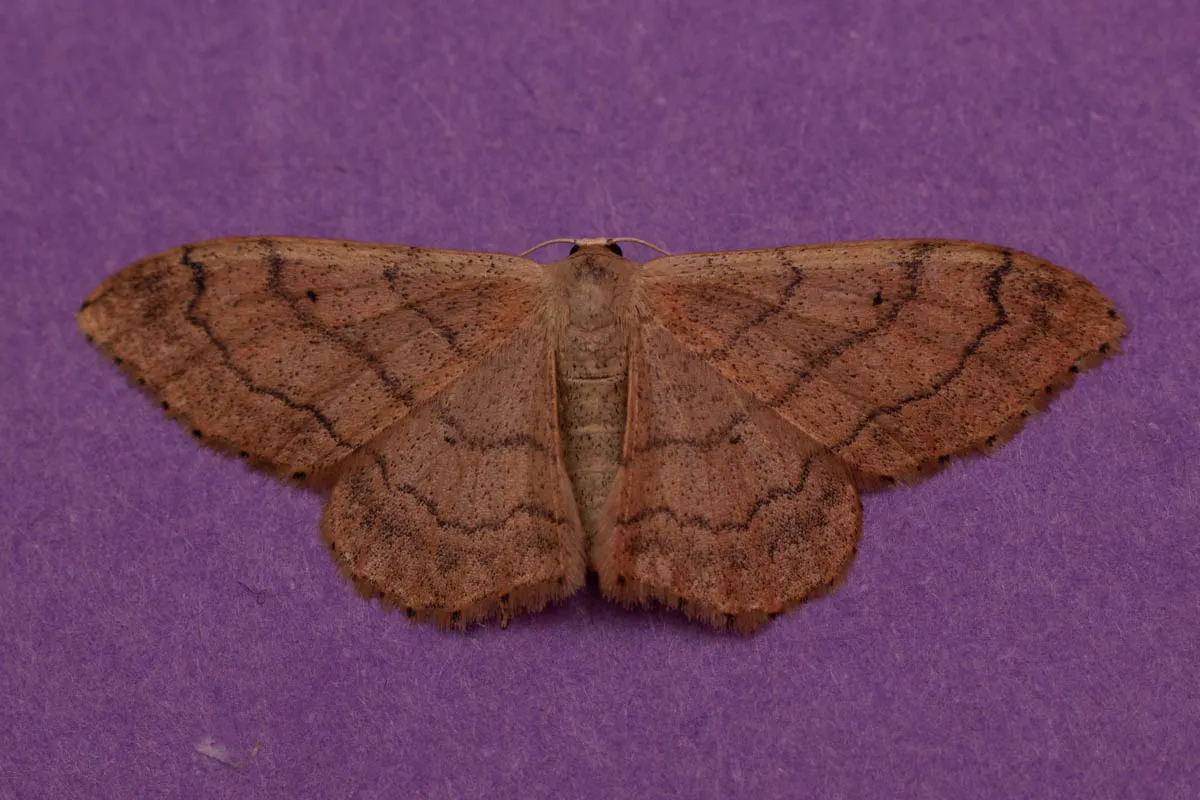
Riband Wave - Idaea aversata
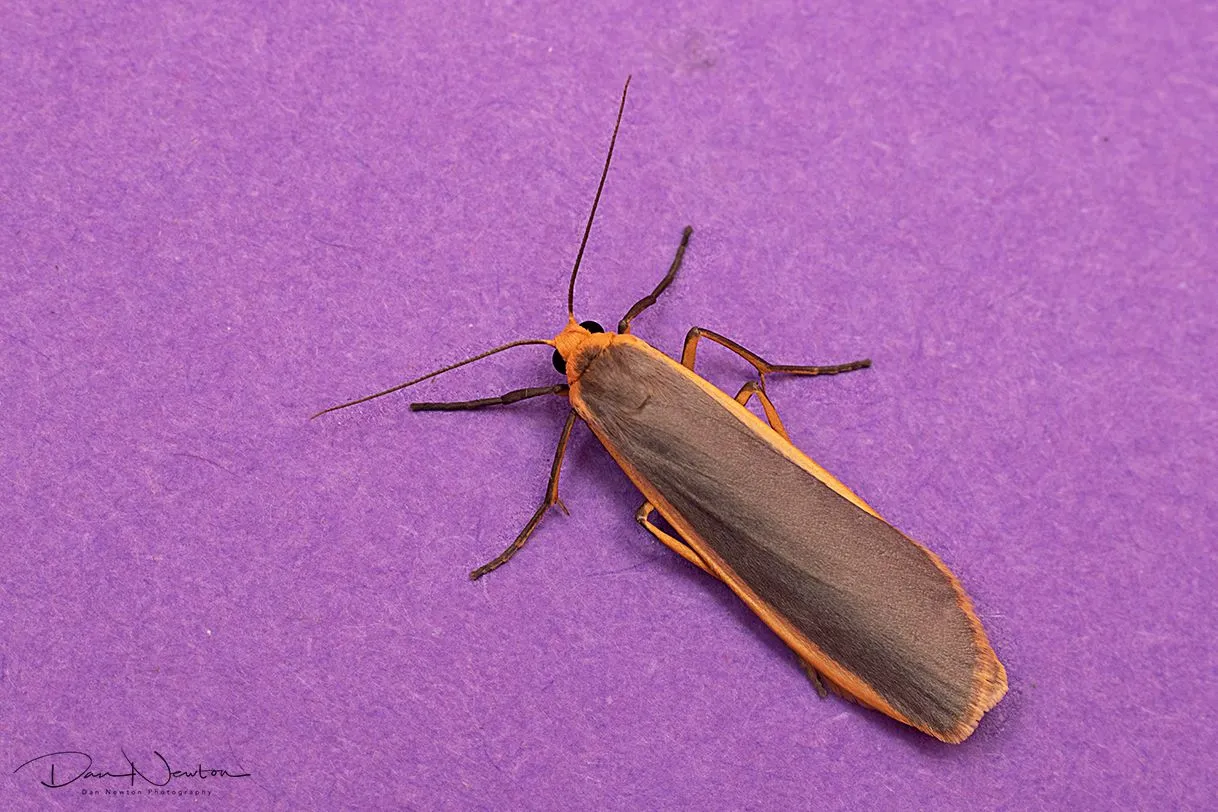
Common Footman - Eilema lurideola
Many of the species seen were the first time I had recorded them in this year (2025), and that is mostly due to the 4 week gap since my last recording session. I do see many of the same species return year on year, so it's great to welcome back 'old faces', like the Common Footman moths.
The evening flew by so quickly, and before I knew it, it passed midnight. And still the species kept coming...
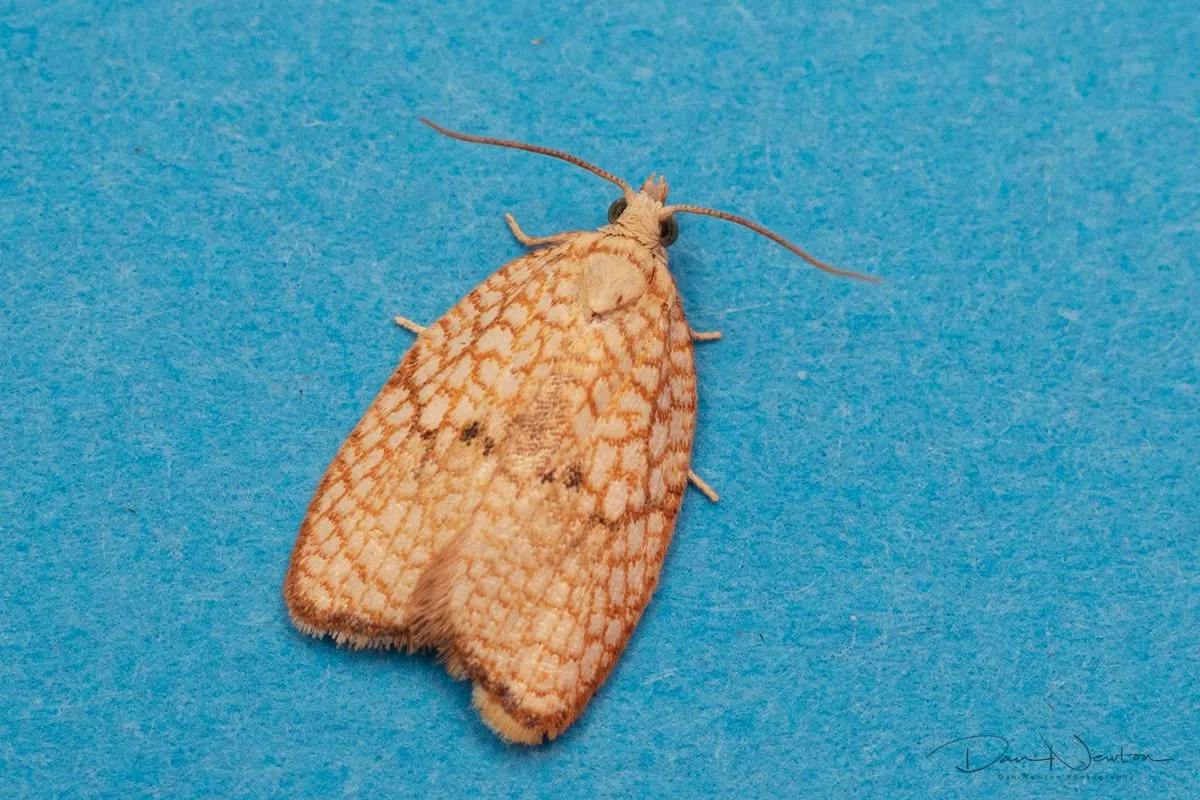
Acleris forsskaleana
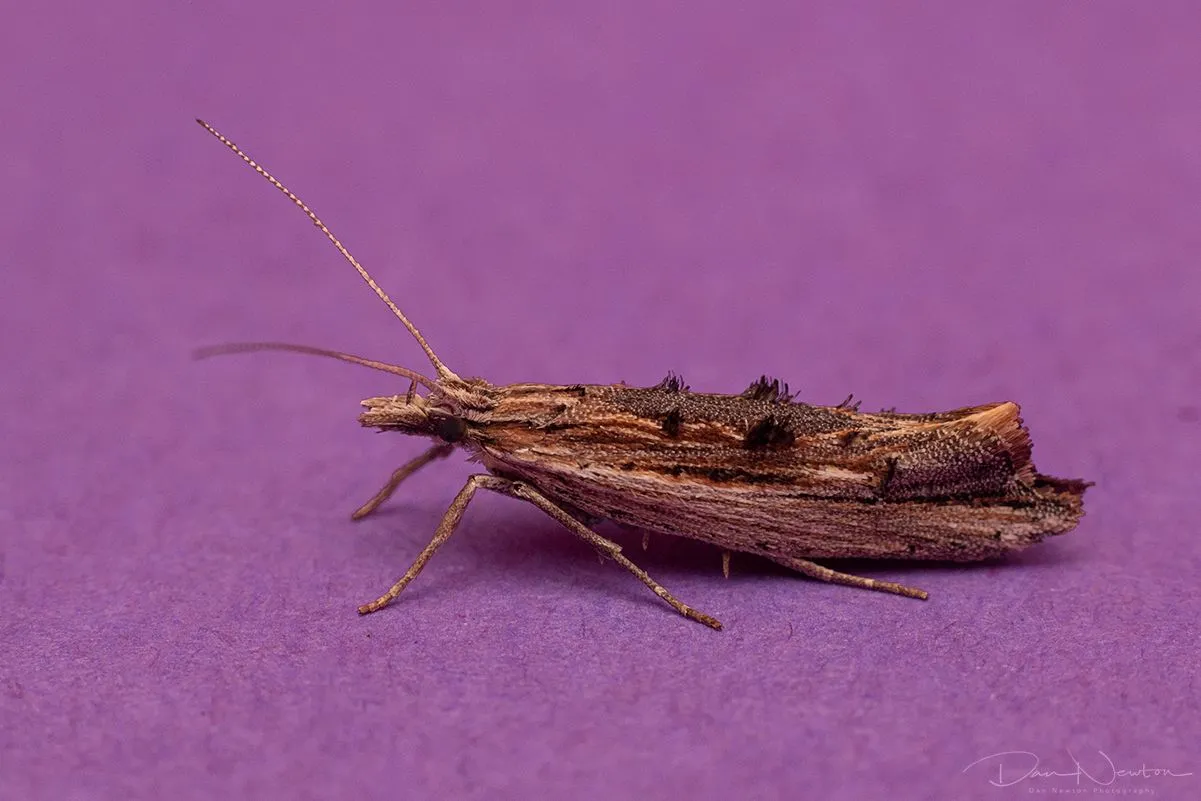
Ypsolopha scabrella
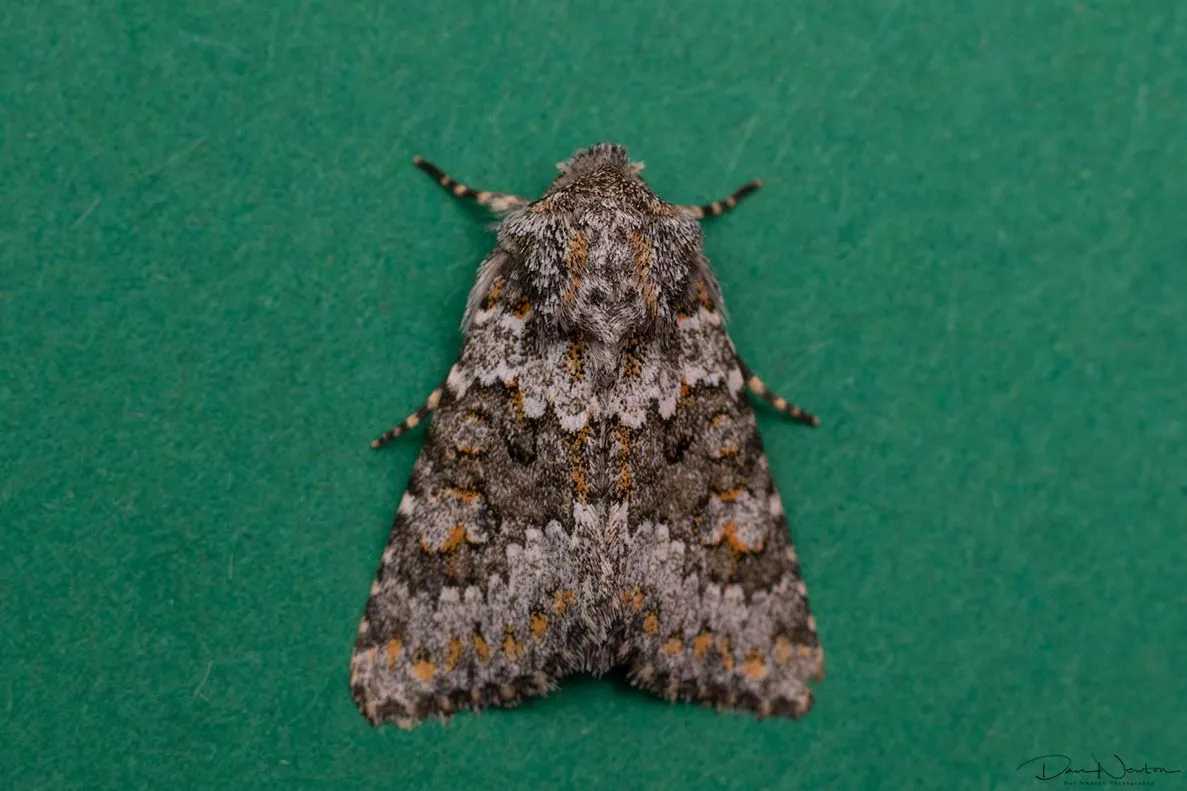
Small Ranunculus - Hecatera dysodea
The Small Ranunculus is a notable record, being almost extinct in the UK in the last century, it established a stronghold in the London area, and over the past 20-30 years has started to increase its range again
While its always great to see species return each year, I'm always hopeful to see new species I haven't previously recorded. I've recorded nearly 400 species in my garden, and so it is often I add new names to that list.
However, just to highlight how good tonight's session was, I saw not one, but TWO new species! :-)
The first one had me guessing a little, as it looks a little 'worn' where the wing scales have faded/rubbed off...
But I checked the books and searched the Internet, and I'm happy yo name this as a Phoenix Moth
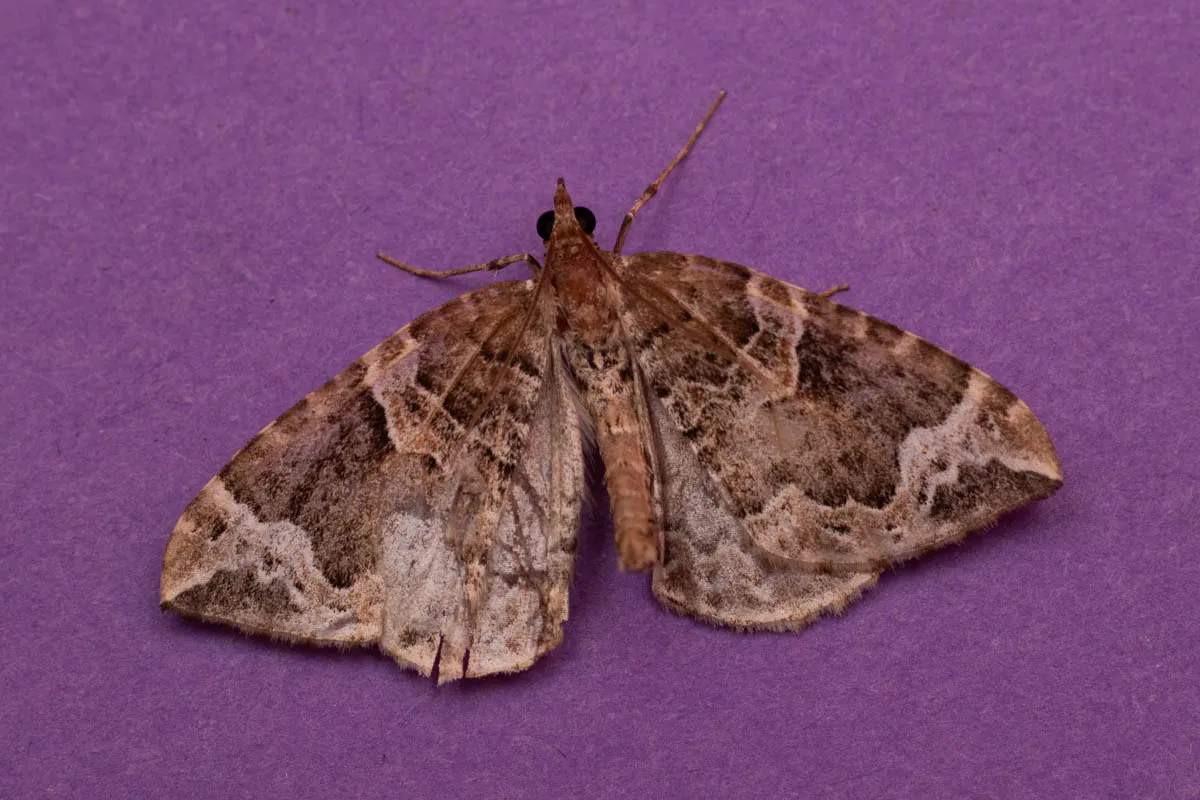
Phoenix - Eulithis prunata
While the Phoenix required some effort, there was no mistaking the 2nd new species
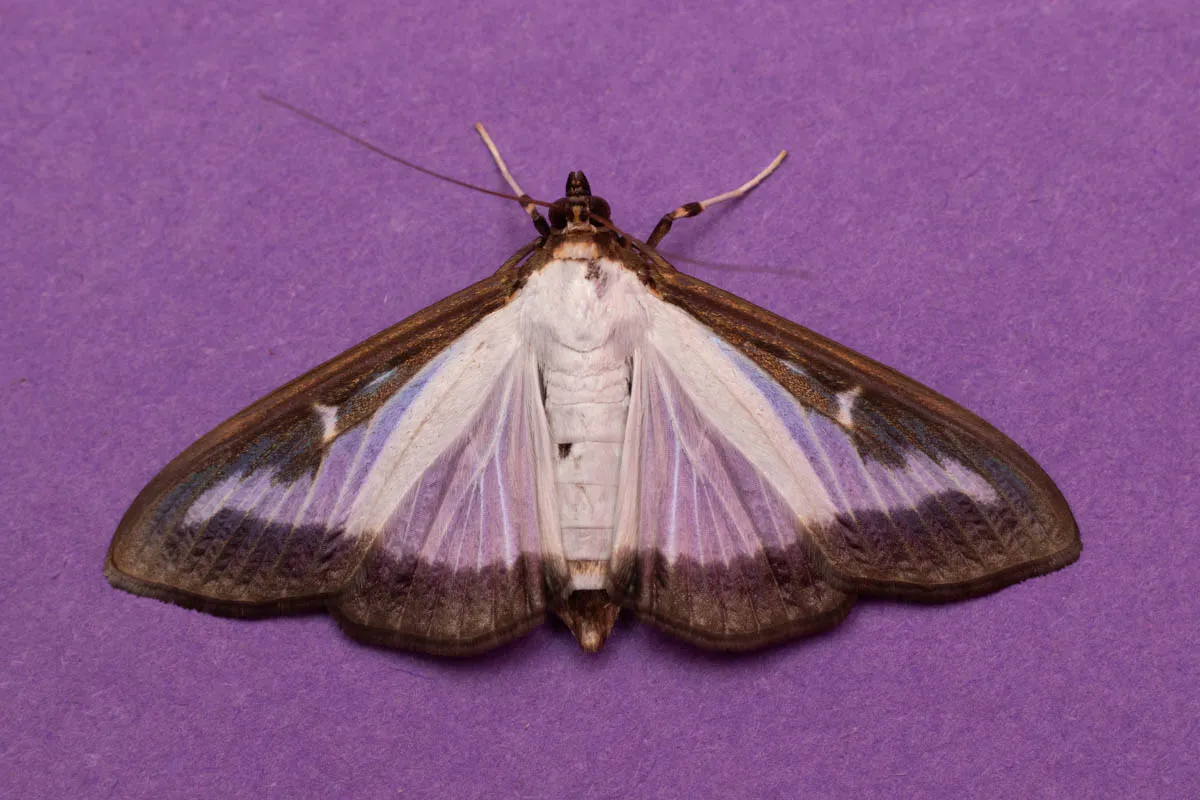
Box-tree Moth - Cydalima perspectalis
With its iridescent white sheen, and neat black border, this can only be a Box-tree Moth!
Its another interesting record as well. It is referred to as an adventive species, as it was almost certainly introduced into the UK by Plant Importers. It is associated with Box Hedges (Buxus sp), and is n fact a pest of them. The Box Hedge isn't native to the UK, and has been imported by gardeners, and so the moth has followed. The species was first recorded in 2007, and has since established a population in South-east England (source). Like the Ranunculus, it is now spreading Northwards across the country
There's a lot of gardeners grumbling about the invasive pest, but as far as I'm concerned, the Plant they have imported isn't native either, so they should stick to native plants, to boost our own biodiversity etc.
The Box-tree moth is absolutely gorgeous too, so as a photographer, I'd love to see them again!
So, after all that, it turned out to be a super productive session. Lots of species seen, decent numbers for many species too. And of course it is always a great feeling to add new species to my life list. And after al that chaos, I need a rest haha.
I suspect I will trap again in 2 weeks time (unless conditions next weekend are amazing)
What will happen next time? Will it be busy and chaotic? Will it be quieter? Will I find something new to record?
Well, once again, there is only one way to find out!

Notes on Pictures: Since I started moth trapping 5 years ago, I have been slowly building up collection of Library Images. The idea being that once I have taken a picture of a particular species of Moth, I don't need another picture of the same species a year later. It’s a waste of time and energy. I only take pictures of new species, or of moths that are difficult to ID, so I can get the records verified.
While in my care, all individuals are looked after, and after Photographs have been taken, they are all released safely outside.
All names confirmed and checked via Wikispieces
Further Research from UK Moths and NatureSpot

If you have any thoughts or opinions on this article then I'd love to see your comments.
And if you really like the content then maybe you would like to upvote or re-hive it.

Check out my website for more of my work.

Click HERE if you wish to join the new Holozing blockchain game!

